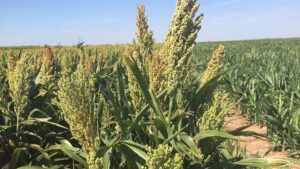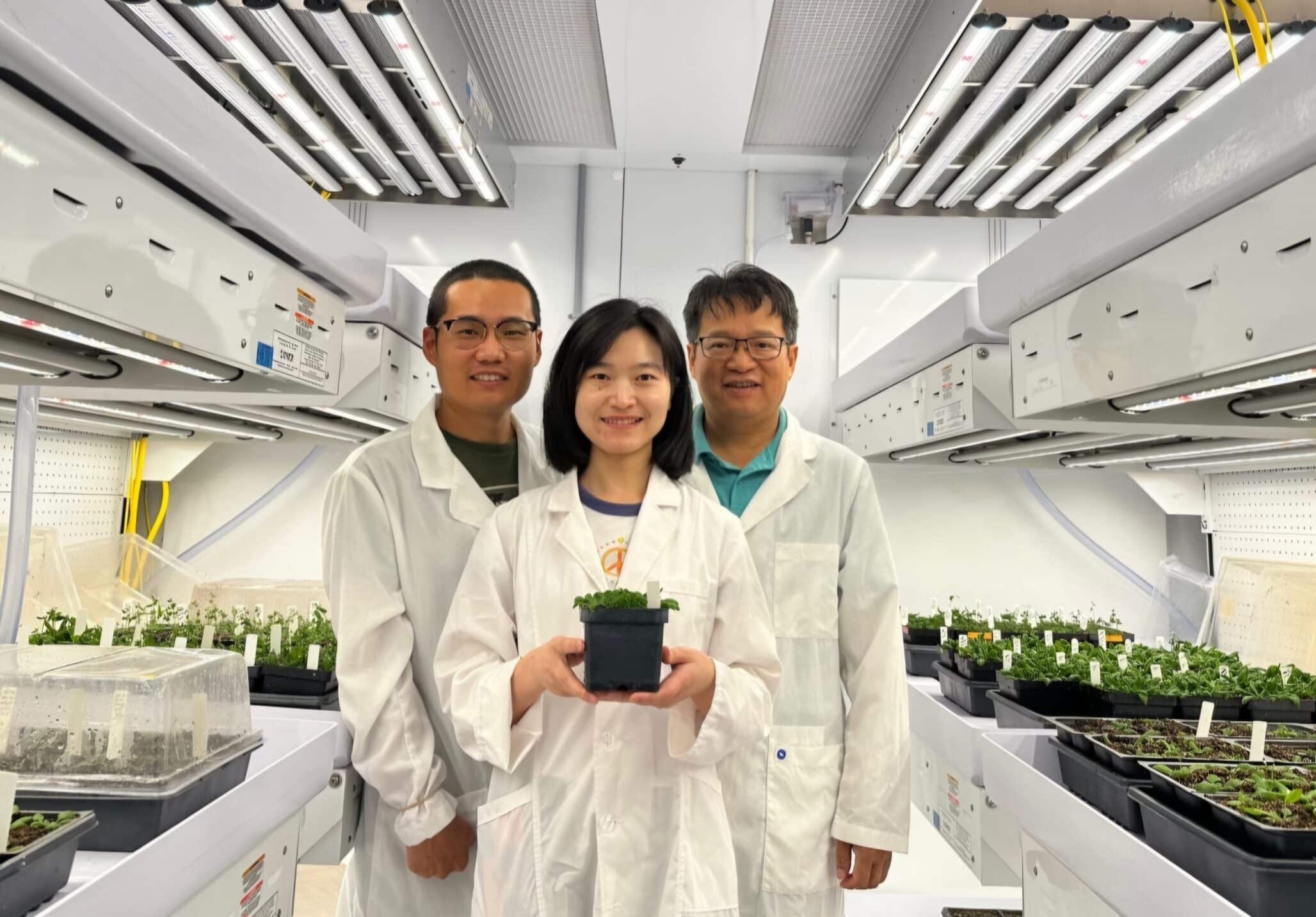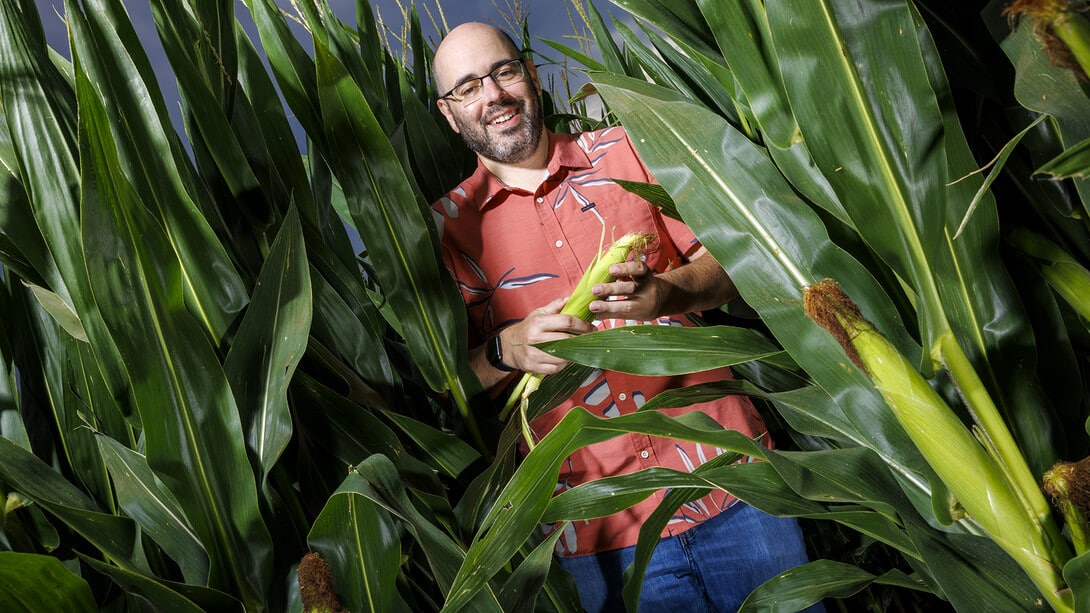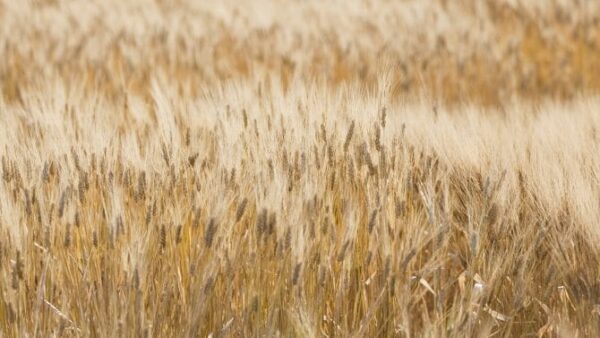A ground-breaking Texas A&M AgriLife Research-led study on corn has identified useful gene variations for yield increases, drought tolerance and aflatoxin resistance that could make a real difference to Texas producers in the years to come, according to researchers.
The study, titled “Genome Wide Association Study for Drought, Aflatoxin Resistance, and Important Agronomic Traits of Maize Hybrids in the Sub-Tropics” was published in PLOS ONE, an international, peer-reviewed, open-access, online publication.
The study included the growing years of 2011, a drought year, and 2012, and was conducted on dryland and irrigated corn in College Station and in Mississippi, all with similar results, says Seth Murray, a Texas A&M University AgriLife Research corn breeder.
Basically, Murray says, there are 2.4 million acres of corn planted in Texas, with each bag of seed costing at least $150 and covering more than two acres, which equates to well over $180 million of sales in Texas for corn seed.
“The idea is if it is bred in the best conditions in the Midwest, it should survive in the not-so-good conditions we see here in Texas,” he says. “So we believe the private breeders for the commercial industry are trying to do the best for most producers, just not our producers. There has not been an effort to develop corn that addresses the unique needs of southern locations, especially not in the way they have for the Midwest.”
Murray says addressing the needs of the southern locations is not as simple as adding more traits.
“A lot of it will come from identifying and using the right native genetics,” he explains. “Growers are smart and will find those companies that are selling adapted hybrids, which will improve both yield and aflatoxin resistance, ultimately improving everyone’s bottom line.”
He says in their search for genes or gene variants that improve corn for the southern U.S., most of the best diversity came from Mexico, where wild corn was domesticated, and South America — not the Midwest.
Murray says this research has provided additional guidance for improvement of corn in Texas and other southern states and will enhance Texas A&M AgriLife’s breeding programs, which have already resulted in several releases of new inbred lines available for use in hybrids by seed companies.












